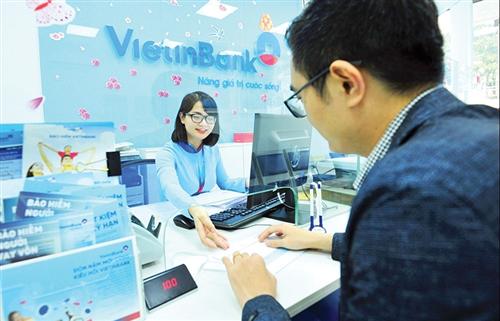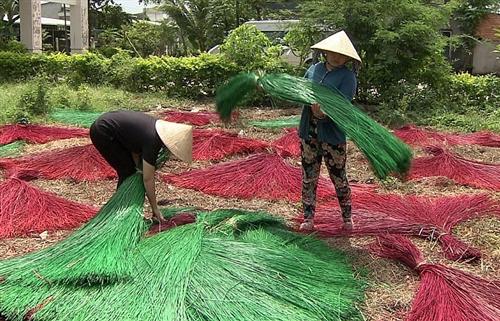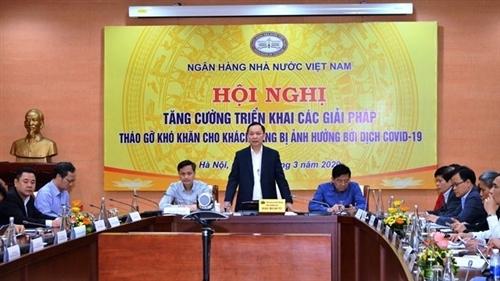Banking human resources change in Industry 4.0
Banking human resources change in Industry 4.0
The fourth industrial revolution (Industry 4.0) has a great impact on the human resources of the banking sector, according to the general director of Viet Nam Prosperity Joint Stock Commercial Bank (VPBank). 
Previously, economic students accounted for 90 per cent of banks' employees, now it was only 60 per cent, said Nguyen Duc Vinh, general director of VPBank.
The banking industry was prioritising technology experts graduating from science and technology universities, not only those from economic schools, Vinh said.
Not only that, the industrial revolution has also forced many banks to cut large numbers of personnel due to the replacement of machines and artificial intelligence.
More than 2,000 employees were cut at VPBank last year, accounting for nearly 20 per cent of the total number of employees compared to the beginning of the year.
Vinh said the reason for the fluctuation was that the bank focused on developing the digital banking segment, optimising its operating systems and sales activities. Meanwhile, small loans were approved online with the help of artificial intelligence that did not need humans, he said.
"There are about 96 per cent of transactions made via e-banking applications and automated banking systems. Only about four per cent of transactions at VPBank are directly at the counters and the ratio may decrease when the bank improves the stability of the e-banking system, integrates many new features to create a digital banking ecosystem," Vinh affirmed.
Orient Commercial Joint Stock Bank (OCB) also cut more than 1,400 employees last year, accounting for nearly 20 per cent of the bank's personnel.
In addition to the above two names, many commercial banks such as Vietnam Joint Stock Commercial Bank for Industry and Trade (VietinBank), National Citizen Commercial Joint Stock Bank (NCB), and Asia Joint Stock Commercial Bank (ACB) also reduced their employees last year.
"The change in personnel needs shows that banks are adopting policies to adjust towards increasing human resources in technology, consulting, decision making and reducing manpower in the fields of operation and automation – where machines can do better than humans,” said Can Van Luc, chief economist of the Bank for Investment and Development of Viet Nam (BIDV).
New positions needed in the future will be machine learning engineers, deep learning engineers, and fraud analysts, Luc said.
Previously, the reduction of human resources often reflected the difficulties of enterprises, but now, this is no longer accurate.
The move to reduce employees not only reduces the bank's business results but also helps to reduce operating costs and contribute to profit growth.
Specifically, at VPBank, despite reducing a fifth of employees at the parent bank, profit before tax increased by 24 per cent last year, accounting for nearly 57 per cent of the bank's consolidated profit.
OCB also saw a year-on-year increase of nearly 47 per cent last year in its profit.
Although technology is an indispensable factor in the 4.0 era, it is only a tool to support people in activities.
Therefore, the problem for banks today is how to "hunt" experts who are both technically proficient but also have mastered banking skills.






















